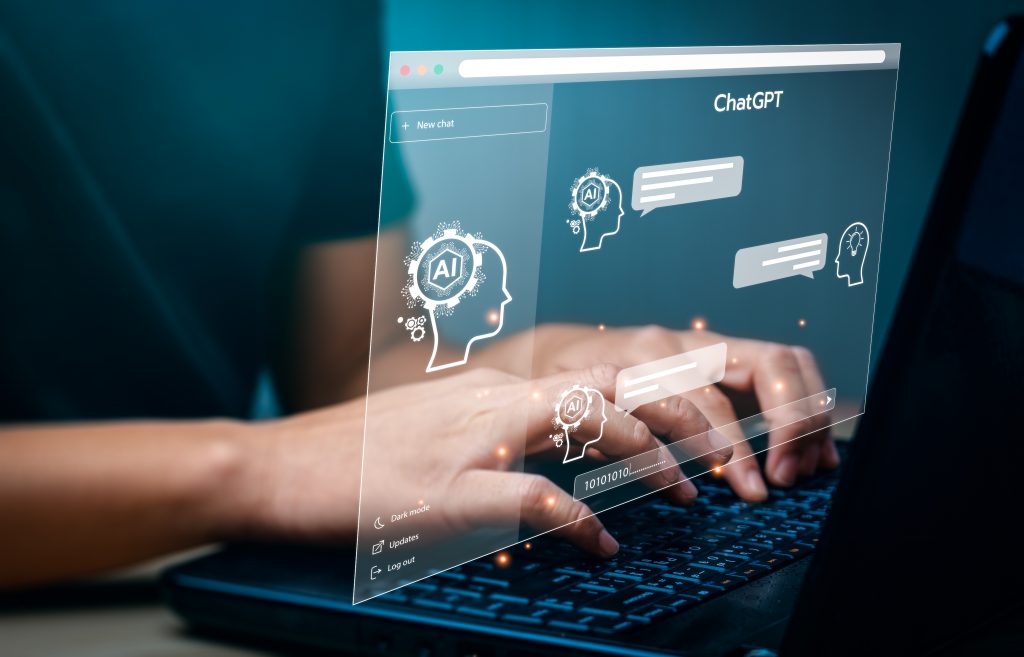OpenAI, an artificial intelligence (AI) business, has announced a new version of ChatGPT designed for universities and other educational institutions. In a brave effort to take market share away from their competitors, OpenAI is offering this new version.
An official announcement says that the new service will be powered by OpenAI’s most popular model, ChatGPT-4o. College students, teachers, and administrative staff are likely to use it.
The statement calls the service “ChatGPT Edu” and says that it has advanced text and vision features as well as advanced data analysis features. The new AI solution for colleges and universities is secure at the business level, has tools for working together, and is reasonably priced.

The first colleges in the U.S. successfully used ChatGPT Enterprise, which led to the start of plans for ChatGPT Edu in late 2024. Even though ChatGPT Enterprise only had a few features, researchers at the University of Columbia used it to use AI to reduce drug deaths.
Others use the chatbot to do their final projects on reflection and are building an AI-based language teacher for more advanced uses.
Universities will be able to use GPT-4o to its fullest with ChatGPT Edu, which gives them access to all of its advanced text, math, and code features. Researchers and students should be able to use its powerful data analytics and ability to summarize documents better than anything else on the market.
Kyle Bowen, Arizona State University’s deputy CIO, said, “Adding OpenAI’s technology to our operational and educational frameworks speeds up change at ASU.” “People in our community are working together to use these tools, and what we’ve learned can be used as a model by other institutions.”
ChatGPT Edu can be used by universities outside the U.S. and can handle up to 50 different languages. The new AI service is expected to be adopted more quickly because users will be able to create their GPTs and send more messages.
ChatGPT Edu offers users many administrative options and promises that conversations will not be used to teach OpenAI’s AI models. The company also says it will not compromise user privacy.
Safety concerns
Ex-employees have claimed that OpenAI lacks stronger internal safety measures, even though the company says it is safe.
Several officials have found problems with how the company handles data, the Italian and Japanese authorities being the most vocal. Adding new technologies might be a way to solve the data problems, but the company hasn’t made much progress in the last few months toward full adoption.
“We take seriously all of the safety risks that come with AI, from the systems we have now to the farthest reaches of superintelligence,” OpenAI said in October. “To help make sure that highly capable AI systems are safe, we are improving how we prepare for catastrophic risks.”
Read More: Digital Envoy Acquires Location Sciences Measurement Technology!
Alabama Joins Florida in Banning Lab-Grown Meat: US States Outlawing Alternative Proteins
Revolut Launches Machine Learning Technology for Compliance and Sees a 30% Reduction in Card Fraud!
To follow the rules and do well in a world with increasing problems, artificial intelligence (AI) needs to use a business blockchain system that verifies the quality and ownership of data input. This will help it keep data safe and ensure it can’t be changed. Read more about this new technology on CoinGeek to find out why Enterprise blockchain will be the backbone of AI.
Watch AI Summit PH 2023: Philippines is ripe to start using artificial intelligence







+ There are no comments
Add yours